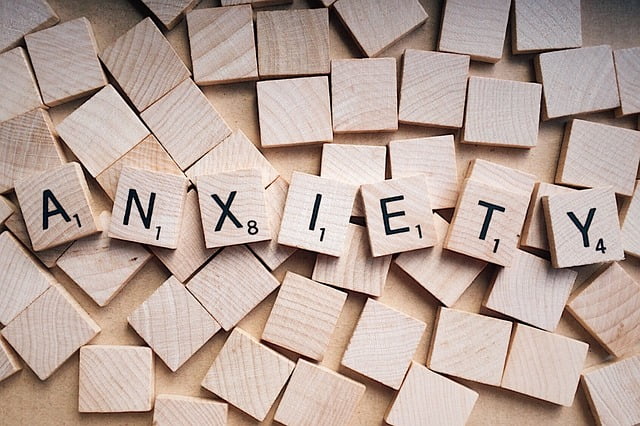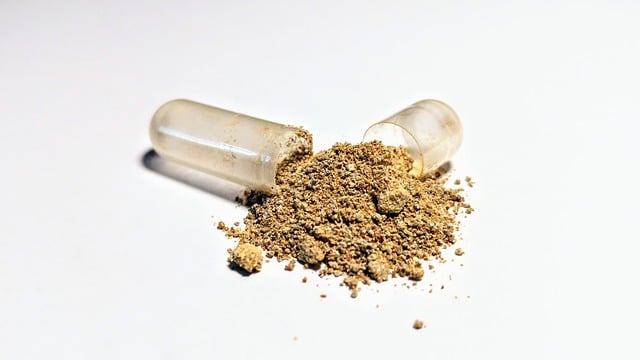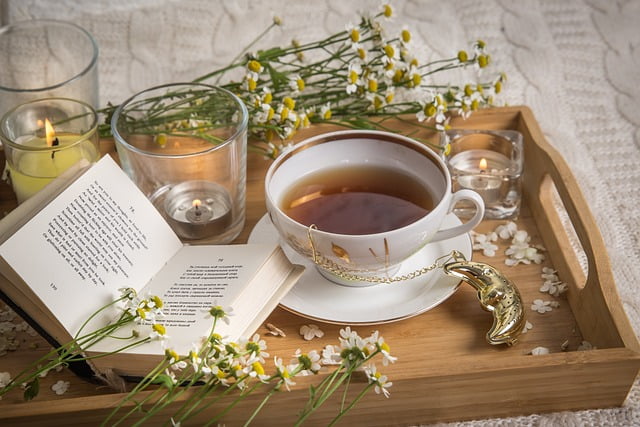What Are the Best Natural Remedies for Anxiety During Menopause?
Menopause is a natural stage of life that brings all sorts of feelings. For some, there’s relief; for others, there’s anxiety. Many women find this transition filled with ups and downs—like mood swings and hot flashes. Anxiety creeps in, making time tough. While some turn to medication for help, more and more women are looking for natural ways to find peace during this big change. Let’s dig into some great natural remedies for anxiety during menopause to help you feel calm again.
Understanding Anxiety during Menopause
The Connection between Menopause and Anxiety
As women get closer to menopause, hormones take a turn that can affect their mood. Changes in estrogen and progesterone can spike feelings of stress and anxiety. Knowing how these hormonal shifts impact our minds is a key to finding remedies that work.
Common signs of anxiety during menopause might include:
- Restlessness or feeling jumpy
- Fast heart rate
- Hard time concentrating
- Trouble sleeping
- Overwhelming feelings
Realizing that these feelings are pretty common and linked to hormonal changes might make you feel a bit better. It’s also why many women choose natural solutions as part of their health plan.

Natural Remedies for Anxiety
Herbal Supplements
Herbal supplements have been around for ages to help with emotional balance and overall wellness. Here are a few that can ease anxiety during menopause:
This powerful herb helps the body deal with stress. Studies suggest it might lower anxiety levels and boost your mood. The usual dose is 300 mg to 500 mg daily.

This is not just tasty; it’s calming too! Drinking a cup before bed could help calm those racing thoughts and improve sleep.

This is known for helping with night time anxiety that messes up your sleep. Valerian root comes in capsules, tea, and tinctures.

https://www.youtube.com/watch?v=s24fJYGSbSI
Mindfulness & Meditation
Mindfulness can help when anxiety hits hard. Try these techniques:
- Deep Breathing Exercises:
Breathe deeply! Inhale through your nose for four counts, hold it for four, then exhale through your mouth for four more counts—repeat!
- Guided Meditation:
Check out apps or YouTube channels that offer guided meditation. They can lead you through calming stories or visualizations to distract or empower you.
- Progressive muscle relaxation:
Tense up each muscle group one by one, then relax them completely. It’s great for letting go of tension.
Physical Activity
Getting active helps manage anxiety too! It releases endorphins—those happy hormones! Here are some activities to consider:
- Yoga
Yoga mixes movement, breathing, and meditation—perfect for both body and mind! Many studies show it lowers anxiety levels.
- Walking
Just going for a walk can do wonders! Aim for at least 30 minutes each day, whether it’s fast-paced or just strolling in nature.
Nutrition and Diet
What you eat matters! Here are some food changes that might help:
- Omega-3 Fatty Acids
Foods like salmon, walnuts, and flax seeds have omega-3s that support brain health and may reduce mood swings.
- Whole Grains
Switching to whole grains like oats, quinoa, and brown rice might stabilize blood sugar and enhance your mood.
- Limit caffeine and alcohol.
Both can worsen anxiety, so cutting back might help ease those anxious moments.
“In times of change, taking a holistic approach can bring lots of healing.”
Support Systems
Never underestimate the power of talking to people! Sharing your feelings about anxiety with friends or support groups can be super comforting. Connecting with others who get what you’re going through can be such a relief!
Conclusion
Dealing with anxiety during menopause doesn’t have to feel overwhelming. With the right natural remedies, lifestyle tweaks, and support around you, finding calm amid the stormy hormonal changes is possible! Whether you try herbal supplements or mindfulness techniques or even tweak your diet, you’ve got tools at your fingertips to manage your anxiety better. Embrace this changing chapter with kindness toward yourself and curiosity about what works best for you!
If you’re looking for extra info on handling menopause-related anxiety, check out resources like The North American Menopause Society or chat with your healthcare provider about personalized advice.
So why not take small steps? Think about which remedies you’d want to try! You could start on the path toward feeling calm and balanced!
Frequently Asked Questions (FAQ’s)
- How to stop anxiety in menopause?
To manage anxiety during menopause, adopt lifestyle changes like regular exercise, a balanced diet, adequate sleep, and reducing caffeine and alcohol. Practice relaxation techniques such as deep breathing, meditation, or yoga to reduce stress. Hormone replacement therapy (HRT) or medications like antidepressants may help but should be discussed with a doctor. Additionally, cognitive-behavioral therapy (CBT), counseling, or joining support groups can provide effective coping strategies.
- What is the best anxiety medication for menopause?
The best medication for anxiety during menopause depends on individual needs, but some common options include antidepressants like SSRIs (e.g., Lexapro, Zoloft) or SNRIs (e.g., Effexor, Cymbalta), which help with both anxiety and hot flashes. Hormone Replacement Therapy (HRT) may help if anxiety is due to hormonal changes, but it requires a doctor’s guidance. Benzodiazepines (e.g., Ativan, Klonopin) can relieve severe anxiety in the short term but are not ideal for long-term use due to the risk of dependence. Gabapentin, a medication for nerve pain, can also reduce hot flashes and anxiety in some cases. It’s best to talk to a doctor to find the right medication for your situation.
- How do you treat hormonal anxiety?
To treat hormonal anxiety, hormone replacement therapy (HRT) can help balance hormones like estrogen and progesterone, especially during menopause. Lifestyle changes such as regular exercise, a healthy diet, good sleep, and reducing caffeine and alcohol can also help manage anxiety. Relaxation techniques like deep breathing, meditation, yoga, and mindfulness can calm the mind. In some cases, medications like antidepressants or anti-anxiety drugs may be needed. Supplements like magnesium, vitamin D, and omega-3s might help but should be used with medical advice. Therapy, like cognitive-behavioral therapy (CBT), can also help by addressing emotional and psychological aspects. A combination of these methods can effectively manage hormonal anxiety.
- Can menopause cause extreme anxiety?
Yes, menopause can cause extreme anxiety. During menopause, hormonal fluctuations—particularly in estrogen and progesterone—can affect mood and lead to increased anxiety, panic attacks, or a feeling of being overwhelmed. Other symptoms of menopause, such as hot flashes, night sweats, sleep disturbances, and physical changes, can also contribute to or worsen anxiety. If anxiety becomes severe or starts to interfere with daily life, it’s important to seek help from a healthcare provider to find the right treatment and support.
- What is the best vitamin for menopause anxiety?
For menopause anxiety, some helpful vitamins and supplements include B vitamins (like B6, B9, and B12) to boost mood, and vitamin D, which supports mental health. Magnesium can help relax the body and calm anxiety, while omega-3 fatty acids (found in fish oil) support brain health and reduce anxiety. Calcium can also help with mood swings. It’s best to take these as part of a healthy diet and consult a doctor for advice.
- What is the best natural remedy for anxiety during menopause?
Herbs like black cohosh, valerian root, ashwagandha, and passion flower may help reduce anxiety and balance mood. Regular exercise, such as walking or swimming, can boost your mood and reduce stress. Eating a balanced diet with plenty of fruits, vegetables, and lean proteins can also help. Some people find acupuncture useful for relaxation. It’s a good idea to talk to your doctor before starting any new remedies.

